We read a 'characterisation' of empiricism by R. F. Holland from his book Against Empiricism: on Education, Epistemology, and Value, in which he alludes to three potential problems with empiricism. He believes that the empiricist account of the origin of ideas involves 'raw materials' entering the 'factory' of the mind in which they are 'processed and emerge cut and dried.'
The notion of the 'mind 'processing' ideas seems to be beyond the explanations of empiricist theory; neither Locke nor Hume offer any detail on this 'process', but then how could they? Why would they? What does Holland want? Mmm..?
Holland also, perhaps more importantly, brings up what we might call the 'homunculus problem'. He characterises the empiricist theory of the way ideas spring from sense data as requiring a 'mind's eye' that 'surveys the products of its own efforts', as if a little man (homunculus) is required to look at the 'processed' sense impressions in order to make sense of them. This of course suggests another homunculus inside the first and so on into infinite regress.
I think Holland is probably missing the point, but this is not the time to say why. His criticism is powerful.
Holland also gently mocks Hume's notion of the 'pre-established harmony' by which 'we find that our thoughts and conceptions have occurred in an order matching the order of events in the other works of nature.' Holland is here referring to the apparent flaws in empiricist thinking that seem to lead to 'solipsism'. If we never 'advance a step beyond ourselves' as Hume suggests then how come we can reach agreement about the contents of our own minds?
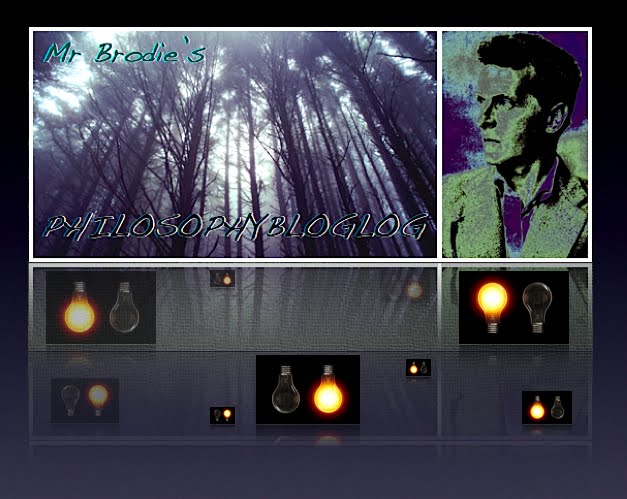






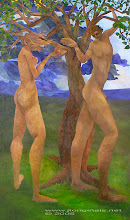


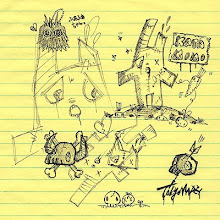
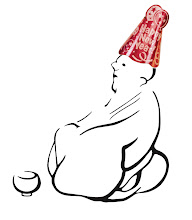




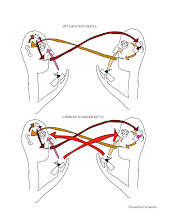

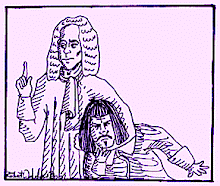
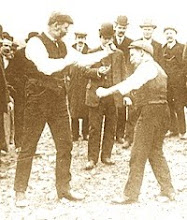



No comments:
Post a Comment